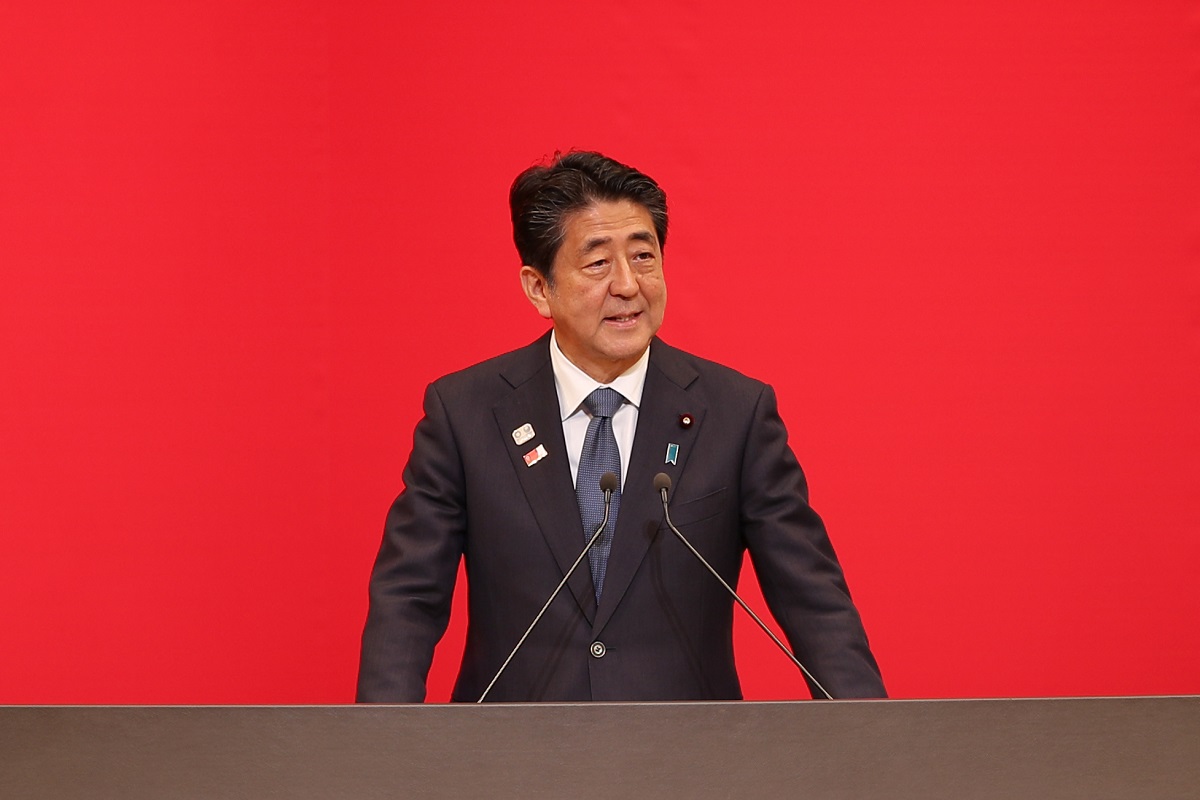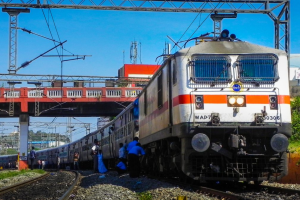After Yoshihide Suga succeeded Abe Shinzo as Japan’s Prime Minister and formed his Cabinet, he chose Nobuo Kishi as his defence minister. Suga’s choice of Kishi has sparked diplomatic curiosity and discussion about his likely Taiwan policy. Known for his Taiwan-friendly stance, his policy could have significant implications on Japan’s relations with China and a clear departure from Abe’s accommodative position, notwithstanding the perceived threat that its giant neighbour poses to Japan.
Kishi is the younger brother of Abe and is perceived to be proTaiwan as were his father Shintaro Abe and grandfather and former Prime Minister Nobusuke Kishi. Kishi was adopted by his uncle when he was a child and therefore his last name differs from Abe’s. Earlier, under the strong influence of Toshihiro Nikai, Secretary-General of the Liberal Democratic Party and perceived to be pro-China, Suga had given the impression that he was averse to a “China containment” strategy but such an impression was dispelled when he choose Kishi as his defence minister. While China is wary of Suga’s choice of Kishi as his defence minister, Taiwan is happy. Seen differently, there would not a major departure from Abe’s Taiwan policy during Suga’s dispensation.
Advertisement
Suga’s choice to head the defence portfolio is interesting. Though Suga kept many top ministers who served in Abe’s Cabinet such as Taro Aso as Deputy Prime Minister and Toshimitsu Motegi as foreign minister, he reshuffled some of them but choose Kishi over some others with more experience in defence matters. Kishi, who is secretary general of an all-party group of Diet members, is known to be promoting friendly ties with Taiwan. By doing so, Suga has put China under watch.
Two days before his appointment as defence minister, Kishi had said that Japan’s relations with Taiwan should “basically be in accord with Japan-China Joint Declaration of 1972”. After his appointment, Kishi remarked that Japan’s ties with Taiwan have been maintained on a non-governmental and working-level basis and that he would “handle things appropriately on this basis”.
In this context, it may be recalled that in January 2020, as reported in a monthly magazine Seiron, Kishi had advocated pursuing security and defense cooperation between Japan and Taiwan. In that opinion piece, Kishi had observed that Japan “must by all means advance a Japan-Taiwan security dialogue”, and that there should be three-way communication on defence involving Japan, the United States and Taiwan.
The media in Taiwan was overjoyed over Kishi’s appointment as Japan’s defence minister and was hopeful that he would work towards strengthening Japan-Taiwan ties in the security realm. Another related development that needs a close look is that when former Prime Minister Yoshiro Mori visited Taiwan, he reportedly told President Tsai that given an opportunity, Suga could make a telephone call to her. Because of the sensitivity of the issue and to avoid inflaming ties with China, Chief Cabinet Secretary Katsunobu Kato denied any such speculation.
Kishi’s warm and pro-Taiwan stance can also be traced to an incident back in October 2015.
When Tsai was in Tokyo in October 2015 with the head of Japan’s “Interchange Association”, the organisation that acts as the main window for Japan-Taiwan ties, presumably Abe and Kishi were also present and engaged in unofficial contact, though at that time it was denied owing to sensitivity of such a meeting. If one connects the dots, it would transpire that Japan’s old Taiwan policy is on track.
Whether Suga made a telephone call or not to Tsai is irrelevant but the fact that former Prime Minister Mori mentioned this possibility does convey Japan’s outlook on Taiwan and that it would convey a strong message to China. Suga just cannot overlook the fundamental values Japan and Taiwan share and this would motivate him to deepen defence cooperation between the countries as Chinese belligerence in regional affairs becomes unstoppable. The recent Quad meeting of the foreign ministers of four democracies of India, the United States, Japan and Australia that Japan hosted can be seen from this perspective and thus as another strategic milestone in the Indo-Pacific region.
China is always sensitive when it comes to the sovereignty issue. Even in India it reacted strongly when some Indian media published advertisements along with a photograph of Tsai congratulating Taiwan on its National Day on 10 October and asked that the media should stick to the official position of the Indian government’s One-China policy. India rebutted the Chinese embassy’s advice, reminding it that media is free in India and free to report the way it likes.
No wonder, Beijing greeted Suga’s choice of Kishi as his defence minister with disappointment and sent a discreet warning that Japan-China ties could nosedive. In an indirect warning to Japan, the Chinese foreign ministry spokesman Wang Wenbin cautioned that “the Japanese side will abide by the one-China principle and refrain from any form of official exchanges with the Taiwan region”.
Beijing has not overlooked the fact that Kishi visited Taiwan in September 2020 for a memorial in honour of the late Taiwanese President Lee Teng-hui and met with current President Tsai. Kishi’s visit coincided with the visit of US Health and Human Services Secretary Alex Azar. China took these twin visits as a slap on its face.
In 2016, Kishi had iterated his pro-Taiwan stance by remarking that “Taiwan shares common values, maintains close economic and personal ties with Japan, and is an important friend”. He went further by saying that by bolstering trilateral relations between Japan, the US and Taiwan, the three democratic nations can work towards stable development of cross-strait relations.
Kishi is not bothered that China does not take such diplomatic signals kindly and gets paranoid easily. To reassert his position, he endorsed the views of his predecessor, outgoing Defence Minister Taro Kono, that China has become a security threat to Japan.
From all indicators, it transpires that Kishi would not only go along with the policy of his brother’s administration but shall do so more vigorously. While bolstering ties with the Quad member states, Japan is also concerned with China’s incursions into Japan’s surrounding areas and rising tensions on the Senkaku Islands issue.











